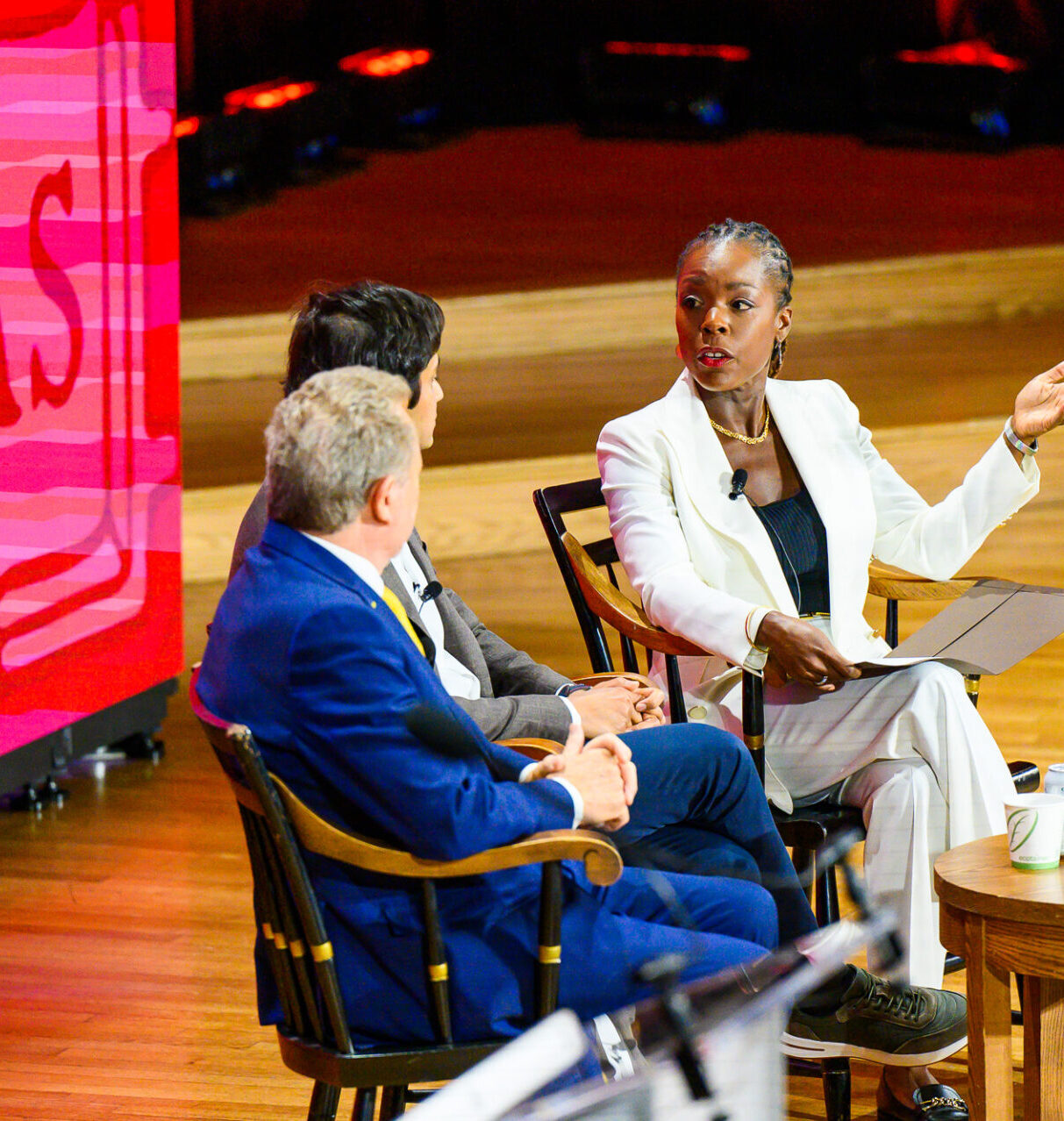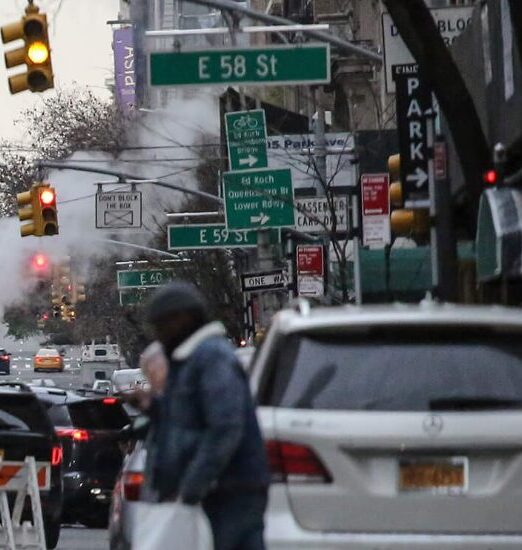Methane Abatement Costs in the Oil And Gas Industry
Joseph Aldy, Forest Reinhardt, and Robert Stavins have released a discussion paper titled “Methane Abatement Costs in the Oil and Gas Industry: Survey and Synthesis.” Links to the paper and a summary brief are at the bottom of this page. The full paper is a revised version of one with the identical title released by the Harvard Initiative on Reducing Global Methane Emissions on March 4, 2025.
There is growing recognition of the relative importance of anthropogenic emissions of methane as a contributor to global climate change. An important source of such emissions in some countries, including the United States, is the oil and gas (O&G) sector. This points to the importance of developing understanding of the marginal abatement cost functions for methane emissions reductions. Scholars have employed a diverse set of methodologies to estimate abatement costs, including engineering cost models, econometric analysis of natural gas markets, and statistical retrospective analysis of state-level regulation. The authors critically summarize these approaches and synthesize their results. They find significant potential for low-cost methane abatement in the O&G sector in the United States and elsewhere, although claims of widespread negative abatement cost opportunities should be taken with a grain of salt. The authors also find that the potential for low-cost abatement is not without limit. Whereas it appears that cutting methane emissions in half would be relatively inexpensive, a sharp uptick in marginal abatement cost may occur when reductions exceed 60 to 80 percent below baseline levels. This threshold may change over time with technological advances in remote sensing, which can reduce abatement costs at various levels of ambition.
The research is supported by the Harvard Initiative on Reducing Global Methane Emissions, a research cluster of the Salata Institute for Climate and Sustainability at Harvard University.
Joseph Aldy is Teresa and John Heinz Professor of the Practice of Environmental Policy at Harvard Kennedy School. Forest Reinhardt is John D. Black Professor of Business Administration at Harvard Business School. Robert Stavins is A. J. Meyer Professor of Energy and Economic Development at Harvard Kennedy School and Director of the Harvard Initiative on Reducing Global Methane Emissions.










